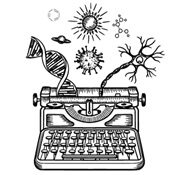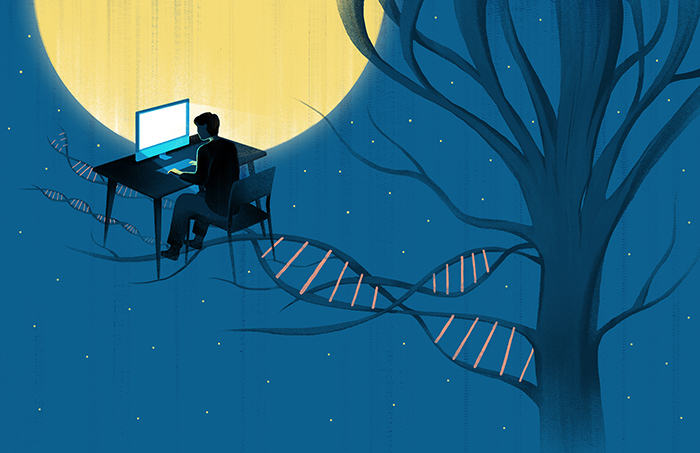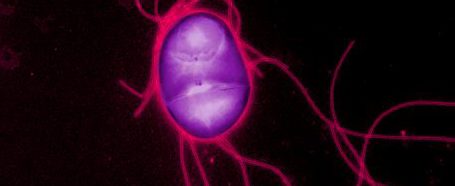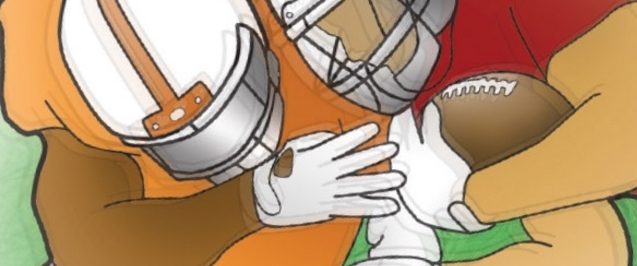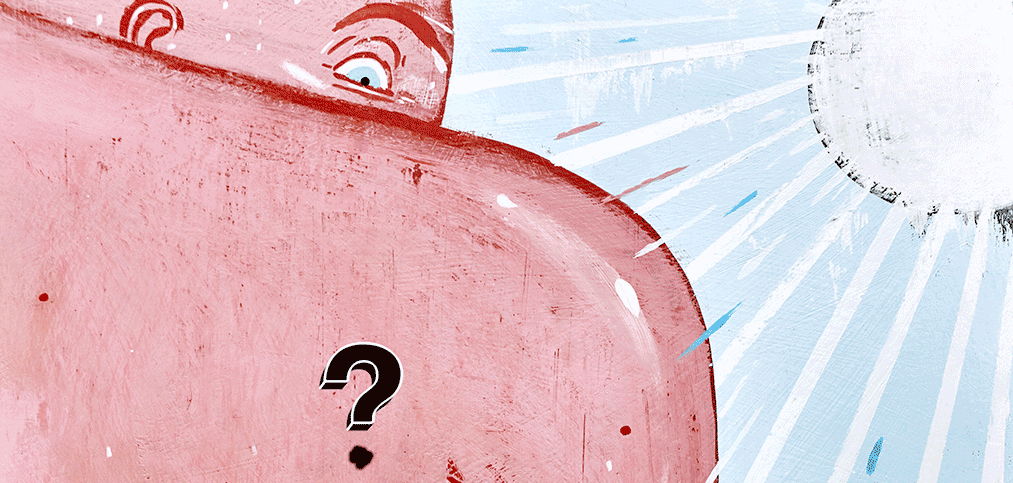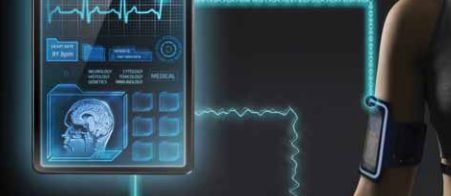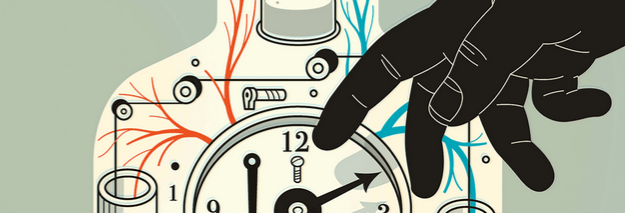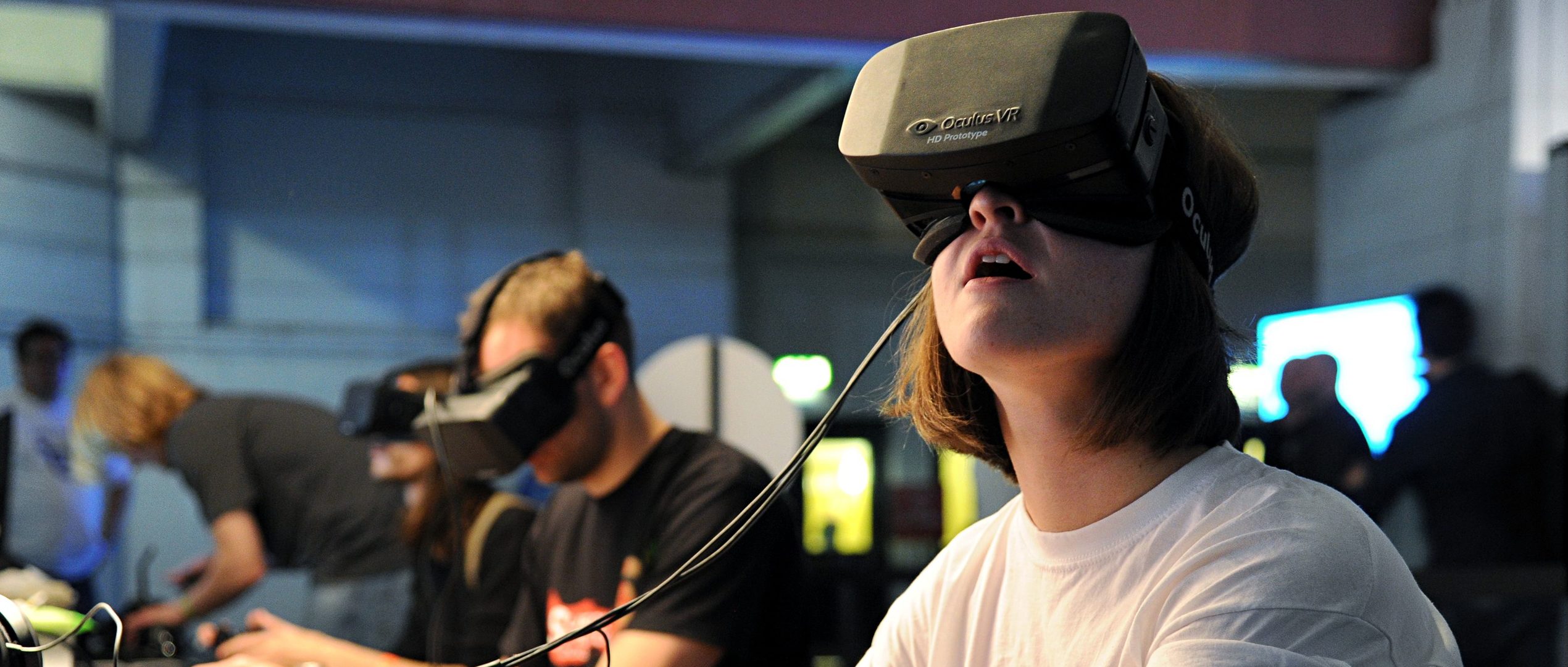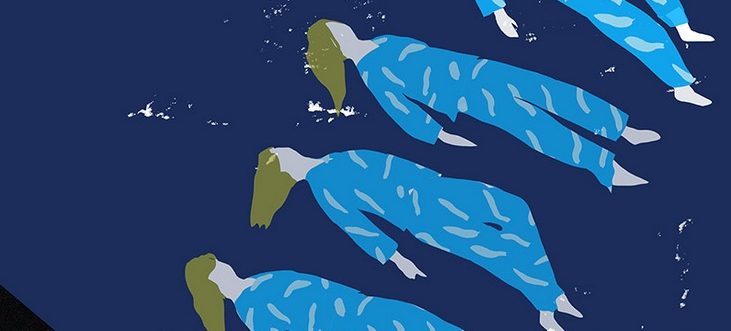Study identifies “night owl” gene variant
Rockefeller University / April 6, 2017 / If you’ve been a night owl all your life and mornings are your nemesis, you may be able to blame a gene mutation for all those late nights. Researchers at The Rockefeller University have discovered that a variant of the gene CRY1 slows the internal biological clock—called the …
